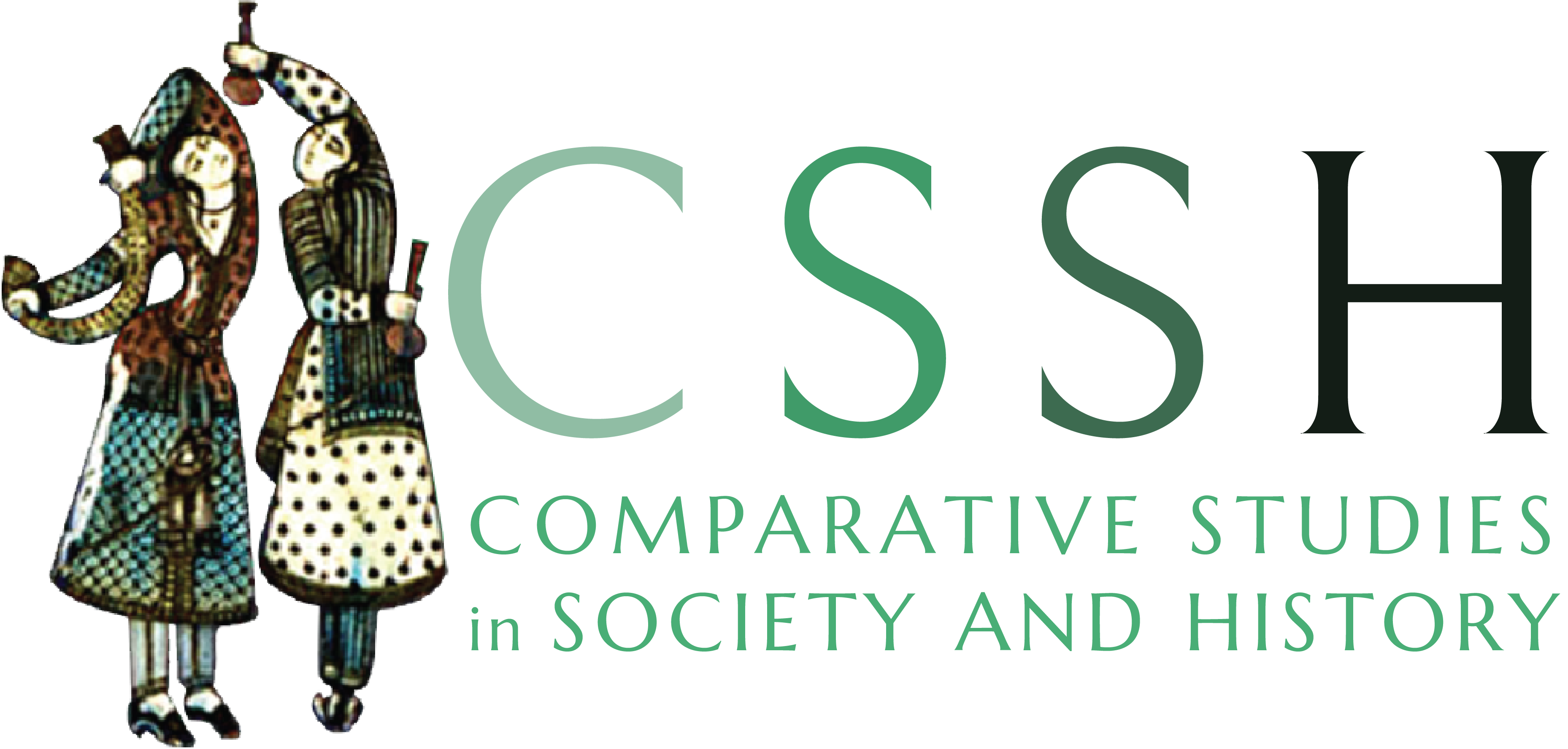CSSH extends our congratulations to Leyla Amzi-Erdogdular (“Alternative Muslim Modernities: Bosnian Intellectuals in the Ottoman and Habsburg Empires” (59-4, 2017)) upon the publication of her latest book, The Afterlife of Ottoman Europe: Muslims in Habsburg Bosnia Herzegovina (Stanford University Press, 2023). The publisher describes the book,
The Afterlife of Ottoman Europe examines how Bosnian Muslims navigated the Ottoman and Habsburg domains following the Habsburg occupation of Bosnia Herzegovina after the 1878 Berlin Congress. Prominent members of the Ottoman imperial polity, Bosnian Muslims became minority subjects of Austria-Hungary, developing a relationship with the new authorities in Vienna while transforming their interactions with Istanbul and the rest of the Muslim world. Leyla Amzi-Erdoğdular explores the enduring influence of the Ottoman Empire during this period—an influence perpetuated by the efforts of the imperial state from afar, and by its former subjects in Bosnia Herzegovina negotiating their new geopolitical reality. Muslims’ endeavors to maintain their prominence and shape their organizations and institutions influenced imperial considerations and policies on occupation, sovereignty, minorities, and migration.
This book introduces Ottoman archival sources and draws on Ottoman and Eastern European historiographies to reframe the study of Habsburg Bosnia Herzegovina within broader intellectual and political trends at the turn of the twentieth century. Tracing transregional connections, imperial continuities, and multilayered allegiances, The Afterlife of Ottoman Europe bridges Ottoman, Islamic, Middle Eastern, and Balkan studies. Amzi-Erdoğdular tells the story of Muslims who redefined their place and influence in both empires and the modern world, and argues for the inclusion of Islamic intellectual history within the history of Bosnia Herzegovina and Eastern Europe.
Congratulations as well to Paolo Heywood (“Ordinary Exemplars: Cultivating “the Everyday” in the Birthplace of Fascism” (64-1, 2021)), on the publication of Beyond Description: Anthropologies of Explanation (Cornell University Press, 2023), co-edited with Mathei Candea. The book is summarized thusly:
Beyond Description brings anthropologists and other social scientists together to examine the problem of explanation. What is “an explanation?” What can it add? What makes it authoritative, clarifying, or misleading? Whom does it serve and how is it produced? These questions lie at the heart of recent public crises of confidence in expertise, political representation, and classic liberal visions of whom we can rely on for true and trustworthy accounts. In a world beset by events and processes that seem to defy expert predictions of their impossibility, and in which post-hoc accounts can often feel more like rationalizations than explanations, competing voices vie for public presence and seek to silence one another. Anthropology and the social sciences face such questions too, making contemporary explanatory practice both an empirical and a reflexive challenge.
By combining ethnographic studies of practices of explanation in a range of contemporary political, medical, artistic, religious, and bureaucratic settings, the essays in Beyond Description offer critical examinations of changing norms and forms of explanation in the world and within anthropology itself.
We are delighted to celebrate CSSH author Jessica Marglin (“Written and Oral in Islamic Law: Documentary Evidence and Non-Muslims in Moroccan Shari‘a Courts” (59-4, 2017)), whose 2022 book The Shamama Case: Contesting Citizenship across the Modern Mediterranean has just been named co-winner of the Middle Eastern Studies Association’s Albert Hourani Book Award! The jury had the following to say in appreciation of the text:
Jessica Marglin’s The Shamama Case is an outstanding microhistory. Grounding itself in a single case, it spins out an entire world, threading the needle through materials in Arabic, Hebrew, French, and Italian. And like the best microhistories, it takes on large questions; on trial are questions of belonging in a time of changing ideas of citizenship and nationality. Its sharp analysis and archival depth are only outmatched by its beautiful prose. It is a page-turner in every sense of the term: it teems with characters, plot twists, and tensions. It is truly a masterclass in the craft of writing history.
Finally, we congratulate Alan Mikhail (“The Ottoman Empire and the Imperial Turn,” with Christine Philliou (54-4, 2012)). Mikhail’s book, My Egypt Archive (Yale University Press, 2023), was awarded the 2023 Victor Turner Writing Prize by the Society for Humanistic Anthropology. Find his discussion of the book and award here.


